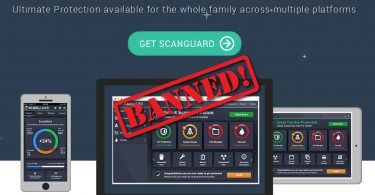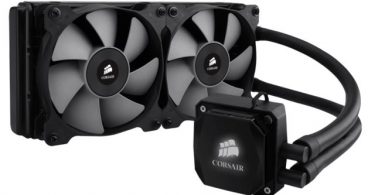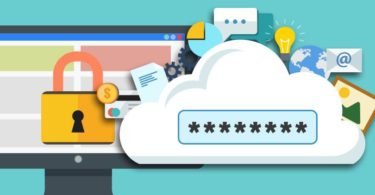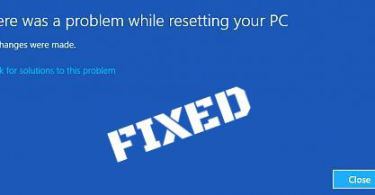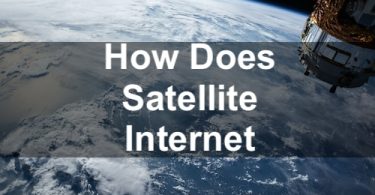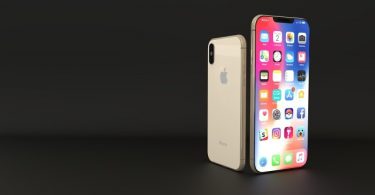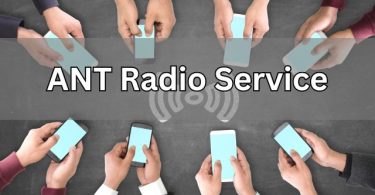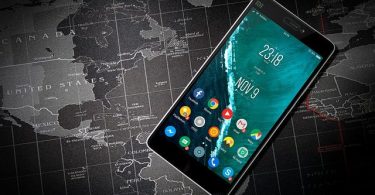Wondering about the long-standing iOS vs Android debate? Here is a great breakdown of what you need to know!
There’s a continuous debate whether iOS users or Android phone holders have it better. Although these two products are different, from the design to the operating system, it’s not easy to tell which one is better or worse. Therefore, we’re going to analyze some of these two system features and see which phone you should use, depending on what you need and your lifestyle.
Ease of Use
Both operating systems now have user-friendly interfaces, so there’s not really one better. But there are a few differences between them, with certain exclusive features:
- iOS provides three distinct characteristics: iMessage, that’s integrated with Apple Pay, making it possible to send and receive money via iMessage, AirDrop, with which you can share almost any media file with another Apple device through Bluetooth, plus the sharing WiFi passwords feature.
- Android, on the other hand, has the option for customizing the home screen to your liking, it has support for multiple users and guest accounts (while iOS is a single operating system), and you can split your screen regarding your Android device (you can only do this on iPads).
Overall, iOS has better features regarding ease of use, but Android phones allow you to customize your experience. So when it comes to iOS vs Android, it all comes down to customization.

https://unsplash.com/photos/CrPAvN29Nhs
Price
Regarding the price, we all know that iOS tends to be more expensive than Android devices. The most expensive Apple phone can go up to £1,549 (iPhone 12 Pro Max), while the priciest Android phone is £1149 (Galaxy S22 Ultra). But the thing is that almost all iPhone devices are this expensive, maybe because the purchasing power is higher in the US, where this operating system was created.
Although Android came first to the market in 2003, it became accessible to people worldwide. The question is: are the prices relevant to the quality? The answer is difficult to tell objectively because most people don’t need phones for a specific feature. Still, you know that a reasonable price doesn’t always offer high quality and that a lower price doesn’t necessarily mean poor value.
Security Issues
Here, the fun begins when it comes to handling your online security. The security of phone devices depends on the software updates applied to them. For example, Android is less vulnerable to bugs due to the fact that its applications are isolated from the rest of the system’s resources. But they’re more prone to get malware, while iOS devices are less likely to encounter this issue.
However, Apple devices can be corrupted if they’re jailbroken (installing apps from other sources than the Apple app store).
But let’s not forget the situation from a few years ago with the Android phones that kept exploding. It’s about Galaxy Note 7 smartphones that were catching fire due to some malfunctions from the batteries, which caused excessive overheating. Some people even got injured and suffered burns; therefore, 2,5 million smartphones have been recalled. Unfortunately,
Samsung refused to compensate some users, making customers angry.
If you ever experience physical or psychological injury due to the malfunction of a product, you can check a compensation calculator tool to see if you can claim the company that breached their duty of care. Get an advisor to help you win your case if the company refuses to pay for your financial losses, like in the case of Samsung. For a severe burn, for example, you can get up to £10,670.
Cloud Integration
When it comes to cloud services, iCloud and Google’s applications are totally different. The most common issue with iCloud is an authentication failure, which is something Apple still has to work on. On the other hand, Google has the best cloud integration for Android users, making Drive applications the safest and easiest to use tools for accessing your documents.
iCloud offers only 5GB of storage, which nowadays is not enough for a regular student/worker, and it works only with Windows, Mac and iOS. Meanwhile, Google’s cloud has 15GB from the start, and if you want additional space, you pay only $2 per month for 100GB (while Apple charges $1 per month for 50GB). iOS vs Android for cloud integration is based on how much storage you get for your money’s worth!
Update Frequency
In terms of updates, Apple does a better job than Android. Given that the iOS operating system is under Apple’s control, allowing updates to undergo every time it’s necessary. The problem is that they’re causing troubles with WiFi connections, which is a bit annoying.
Meanwhile, Android updates don’t have any troubles after their completion, but they’re delayed, lack necessary features or, in some cases, not even updating anymore, even in late Android versions. This is one of the reasons why some of these phones are cheaper because they have out-of-date operating systems.
Battery Life
Regarding battery life, it’s safe to say Android has it better. Apple’s batteries are thinner, which contributes to the short battery life. Although in newer versions, even Apple batteries can last longer, they need to be replaced more often in order to be used for several years.
Meanwhile, Android batteries are degrading much slower, along with the quality of the smartphone, given that they’re made from lithium-ion. These phones also offer more RAM that uses more power in the operating system, draining the battery’s quality over time.
Camera Options
Lastly, we can say that both systems have good cameras, even though in the past years, iPhones have the best camera quality and resolution on the market. But you can’t beat the Galaxy S22 Ultra, which captures much more highlight details and achieves much more balanced images, and the 10x zoom is setting the Android smartphone apart from any iPhone camera.
Even though iPhones can record in 4K, some Android phones feature a 16-megapixel wide-angle camera, performing better in low-light conditions. Huawei phones are especially known for telephoto and wide-angle cameras. On the other hand, Apple provides larger sensor features with an optical image stabilization option.
Wrapping Up iOS vs Android
Both iOS and Android smartphones have come to be at a similar level, but they have distinct features that make them special to some features. Photographers, for example, might prefer Android, but Apple may be the best choice for people who like simple-to-use applications.

